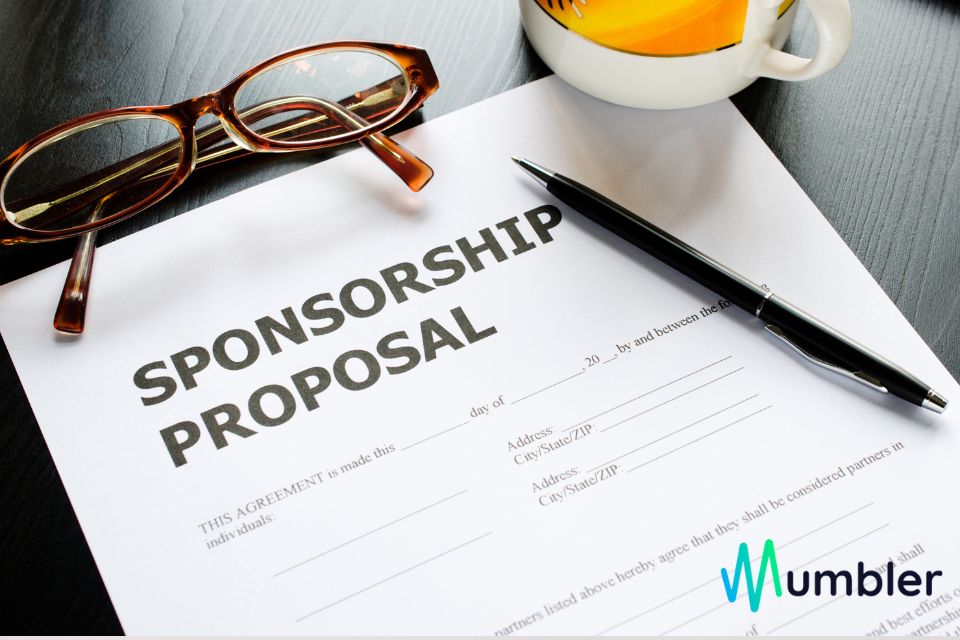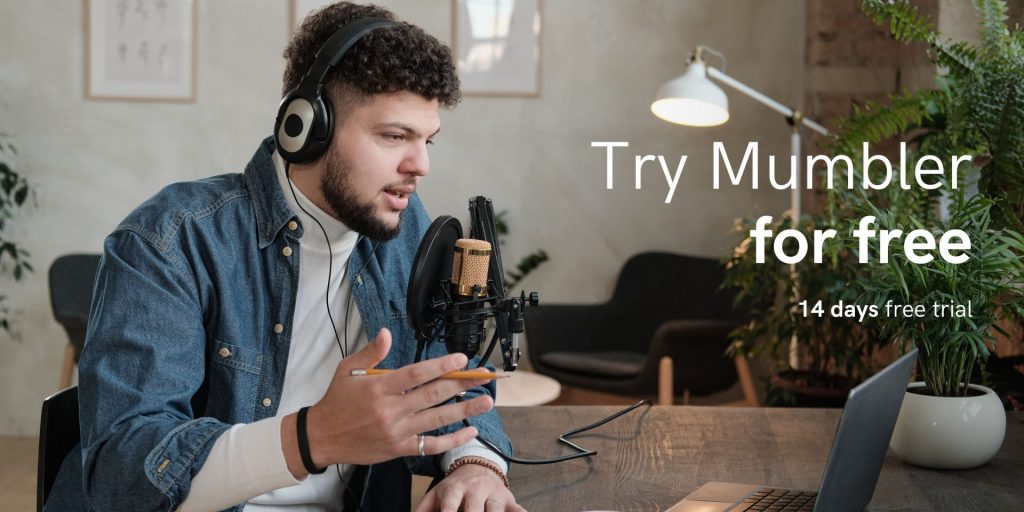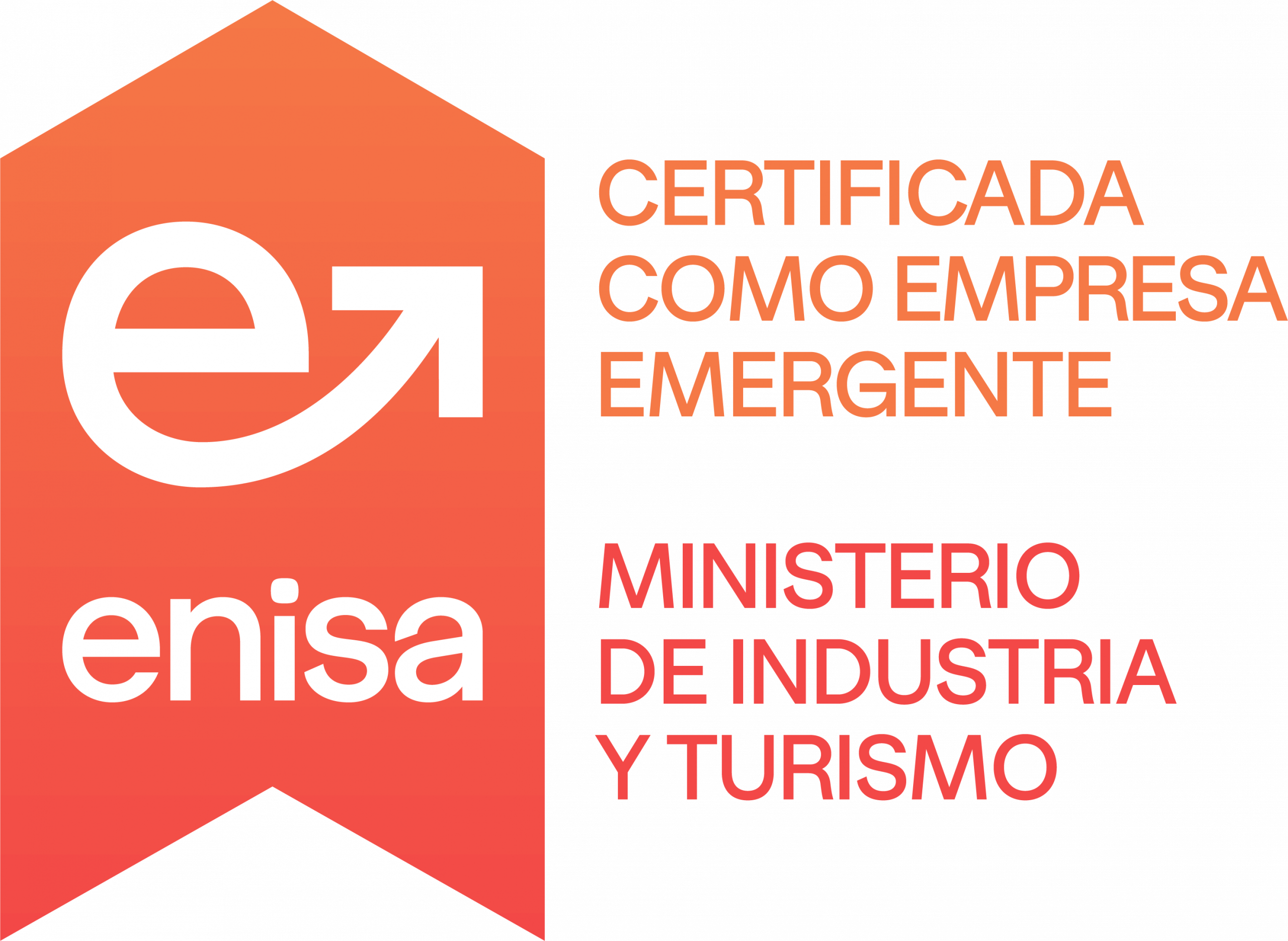""One of the options you have to monetize your podcast directly is through advertising. That is, having sponsors for an episode, multiple episodes, or even an entire season. "
In this blog, we've already discussed how to get sponsors for a podcast, but today we'll take it a step further to discuss how to set the price for podcast sponsorship..
Setting a price for podcast sponsorship is complicated because there are no standard reference points. This means that the sponsorship price ultimately becomes an entirely open negotiation between you, as the podcaster, and the brand interested in sponsoring your podcast.
In this article, we review the thought process that has led us to set prices for some of the sponsorships we've had on our podcasts, as well as the important aspects to consider in this process.
We hope it serves as a reference for you to set the price for podcast sponsorship.
How to Set Prices for Your Sponsorships
There are several approaches you can use. The first is a classic one.
The Per-Episode Pricing Method
I launched the first episode of Planeta M in September 2019 and was extremely lucky to have my first sponsor a few months later.
Don Dominio, a hosting and domain service, contacted me to sponsor the podcast. Yes, something that almost never happens, happened to me. I'm a lucky guy.
The thing is, back then, podcast sponsorships were hardly a thing. So, I had to look for references wherever I could find them, however few they were.
The reference I found and used to set prices for my episodes were Joan Boluda's podcasts.
Joan established an interesting pricing policy which consisted of charging the corresponding amount for each episode, based on the episode number. That is, if a sponsor wants to sponsor episode 60, they have to pay €60.
This approach has two advantages:
- The more episodes and presumably more audience, the sponsor pays more.
- Sponsors who trust your podcast earlier pay a lower price for sponsorship.
So, I agreed with Don Dominio that they would pay, for each episode they wanted to sponsor, the price equivalent to the episode number. And that was the case until the end of the season.
Long-Term Sponsorships
When I started planning the second season of Planeta M, I proposed to Don Dominio that they continue as sponsors, but this time as sponsors for the entire season instead of episode by episode.
Sponsoring the entire season has many advantages for the podcaster:
- You don't have to constantly look for sponsors.
- You save a lot of production work: contacting potential sponsors, selling, invoicing, agreeing on ad copy, etc.
- You get rid of the pressure of having to constantly find sponsors.
It also has advantages for the brand:
- It establishes a relationship of trust with the podcaster who will not hesitate to become a true brand ambassador.
- It generates multiple impacts on the same audience, which helps to achieve a deeper impact and to be at the "top of mind" of the community.
- It impacts through various channels: the podcast itself, social media, the newsletter, promotional activities, etc.
To set the price for sponsorship of the second season of Planeta M, I used a variation of the per-episode pricing model.
I added up the amounts of each of the episodes of the second season (based on the episode number), and applied a discount on the total that could be interesting. Specifically, I applied a 15% discount..
Obviously, it's not the only way to establish the price of sponsorship for your podcast, but it worked for me and Don Dominio. We closed the deal and collaborated throughout the entire second season.

Aspects to Consider When Pricing Podcast Sponsorship
There are several aspects to consider when determining the price of sponsorship for your podcast.
We're Not a Mass Podcast
If you have a niche podcast with a small but highly specialized audience, you can't price sponsorship based on CPM (cost per thousand impressions) used in mass podcasts.
CPM is the standard used in the advertising industry. For example, companies like Anchor or Spreaker pay between $10 and $60 (in the USA and with high-impact podcasts) for every thousand impressions.
If you do the math, you'll quickly realize that monetizing with advertising, using the CPM of mass podcasts, is almost impossible for a niche podcast.
Furthermore, it's entirely unfair. If your podcast is niche, your audience is:
- Segmented: they have specific sociological characteristics.
- Qualified: they are highly interested in the content you offer, in a particular topic.
Your podcast audience is the dream of any brand with a target audience that matches yours. And this is worth paying for. It's paid well.
€15 for every thousand impressions?
€30 for every thousand impressions?
No way.
Reserve space for commercials
If you're clear that you're going to monetize your podcast with sponsors, it can be very interesting to reserve advertising space in your podcast from day one.
That is, even if you don't have sponsors, there is space reserved in the podcast for potential sponsors.
With this, you achieve several things:
- You let it be known from day one that you're open to accepting sponsorships.
- You get your listeners accustomed to the space dedicated to talking about something that isn't strictly about the podcast itself.
There are several ways to approach this strategy:
- Jaime Rodríguez de Santiago on his podcast Kaizen, takes advantage of these spaces to provide free advertising to some NGOs while not getting sponsorships.
- Celestino Martínez from Actualiza Retail, in his early episodes, placed ads from the companies of his friends and family at a very reduced price.
On Planeta M, I have space reserved for sponsorships, and when there's no sponsorship some weeks, I dedicate this space to advertising my own projects or charitable projects that I find interesting.
Set a lower limit
When you've reached a certain milestone with your podcast, you should set a minimum price for advertising on your podcast.
Advertising on your podcast comes with a cost for you:
- You have to reserve space in the content.
- You must include the sponsor in an elegant way and think about how to do it.
- You must include the sponsor in the promotion of your episode: newsletters, social media posts, etc.
This work has a price, and you should establish what it is. If a sponsor is not willing to pay for it, it's better not to have a sponsor..
Justify your price
When we talk about brands, we're not talking about an impersonal entity. In all brands, you will have a contact person: the CEO, the marketing manager, the communications manager...
This person will need to justify the decision to sponsor your podcast to their boss, partners, or collaborators, and they will need your help as much as possible.
For this purpose, it's very useful to have a document (a small media kit) prepared containing several things:
- What the podcast is about.
- Who the target audience is.
- How many subscribers it has on podcasting platforms.
- How many subscribers it has on the newsletter.
- What platforms it's available on.
- What the average monthly listens are.
- How the listens have evolved.
- What impact the podcast has had.
- What awards it has received.
- The podcast's position in the rankings of different countries.
- How many followers you have on social media.
- What the sponsorship proposal is and why.
- What the sponsorship includes.
- Previous success stories.
All the information you can add to this document will help the person who has to justify the investment in your podcast.
Making it easy for them will increase your chances of success..

Conclusion
Setting a price for podcast sponsorship is not an easy task. But strategies like pricing per episode can help you justify your price.
At least until the podcasting industry establishes "standard prices."
It's crucial not to lose sight of the fact that we are niche podcasts with a highly qualified audience. The CPMs used in mainstream media don't apply in this environment. Advertising on niche podcasts should be much more expensive.
If you want to be independent and make a living from your content without relying on advertising, at Mumbler, we provide the tool you need.
Launching a subscription podcast has never been easier. Join the movement of independent podcasters.
About the author
Mumbler CEO & Cofounder. Slow content creator: newsletters, podcasts and videos.








